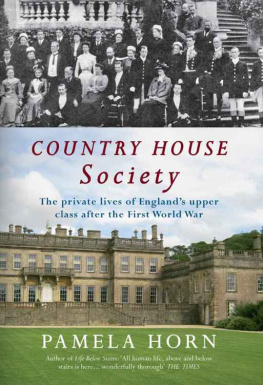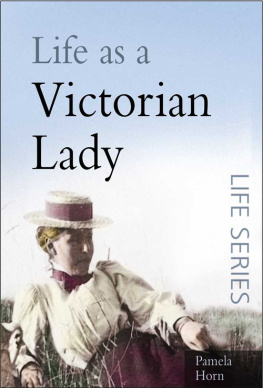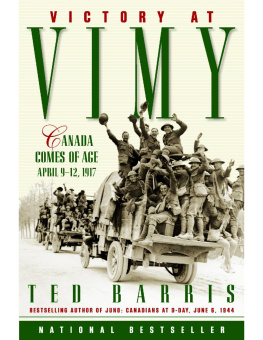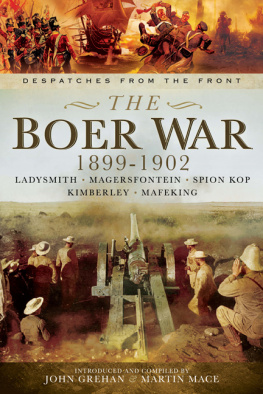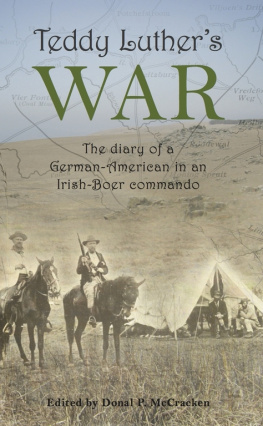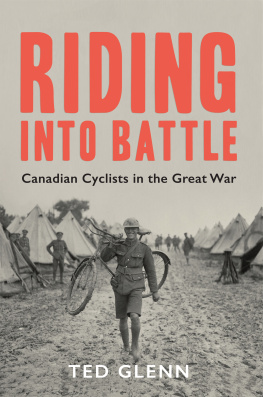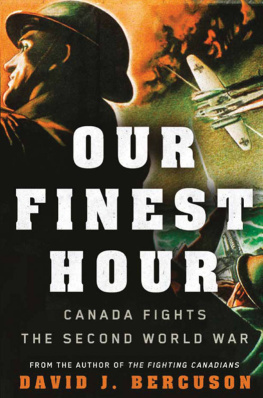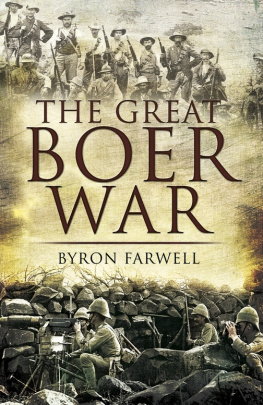Once again I must take some time up front to thank those who have provided assistance behind the scenes in a number of ways. Any project of this nature is never a solitary endeavour. I wish to acknowledge those who have provided their time, expertise, guidance, and assistance in helping me finish this book.
I would like to thank Chris Johnson for his detailed map work. He has retired from the business and I will miss his skilled hand. I would also be remiss if I did not thank Dr. Emily Spencer for her help with research, as well as her excellent advice and feedback on the manuscript. I also need to thank Major Jim McInnis and museum curator Claus Breede, from The RCR Regimental Headquarters and The RCR Museum respectively, for their assistance in providing access to documents and photographs.
I must also highlight the incredible work of the Dundurn editorial and design team, specifically the editorial director, Michael Carroll, and copy editor, Cheryl Hawley, who turned a raw manuscript into the polished product that you hold in your hands.
Finally, as always, I wish to thank Kim for her continuing tolerance and patience of my never-ending projects and historical pursuits.
CHAPTER 1
Going to War
On October 11, 1899, Britain officially went to war with the republics of Transvaal and the Orange Free State. Conflict in South Africa had been brewing for a long time, and by the summer of 1899 the relationship between the British and the Boers had deteriorated dramatically, partially over the denial of civic and social rights of the Uitlanders (non-residents) who were mainly British citizens living and/or working in the Boer republics. This insult to the fair treatment and democratic freedom of British subjects was too much for the government of England to bear. The fact that large deposits of precious minerals had recently been discovered in the breakaway territories did not help ease the tension.
The British were not worried about going to war. Their political and military leadership were confident that the conflict would end quickly. In the opinion of British military commanders, the Boers were just farmers. Lord Dundonald, the leader of the British forces, doubted the capability of his opponents so much that he actually asked an officer of the locally raised scouts if the Boers would fight when they saw her majestys troops.
IMPORTANT FACTS
Transvaal
The Transvaal Republic was the informal name given to the independent Boer state. Starting in the 1830s, Boers who wanted to escape what they felt were harsh British rules, regulations, and governance fled from Cape Colony to the open veldt, where they were beyond British control and could form their own small Boer republics. Their settlement of the veldt led to confrontation with the indigenous tribes, but the Boers superior military arms and technology allowed them to quickly defeat the indigenous population. The British recognized the Boers independence in 1852, with the passing of the Sand River Convention.
When gold was discovered at Tati, in April 1868, the government of Transvaal extended their territory so that they could fully control the goldfield. In 1877 the British annexed the Transvaal, leading to the First Anglo-Boer War. The Boers won the conflict and, in accordance with the Pretoria Convention of 1881, regained their self-rule. Britain recognized their independence in 1884 as a result of the London Convention. However, renewed conflict in 1899 led to the Second Anglo-Boer War, which the Boers lost. As a result, the territory was once again annexed by the British on May 31, 1902. Eight years later, it became the Transvaal Province within the Union of South Africa.
The British arrogance quickly disappeared. The conflict did not go as they expected. In the autumn of 1899, British soldiers and politicians alike were shocked at the fighting ability of the Boers, who inflicted several humiliating and expensive defeats on the British Field Force. These unexpected drubbings pointed out that the British Army was unprepared to meet the challenges of modern warfare. The humiliating climax came during the week of December 1015, 1899, when three separate British formations were decisively beaten at Stormberg, Magersfontein, and Colenso. These fateful seven days were appropriately called Black Week.
The impact in South Africa was enormous. During Black Week the high commissioner in Capetown, Alfred, Lord Milner, sent an anxious telegraph cable to Joseph Chamberlain, the colonial secretary in London. This is the worst blow we have sustained yet during the war, he wrote. Adding, The impression it has created here is simply deplorable, and this is sure to be the case throughout the Colony. Milners entry in his diary the next day had more than a hint of panic:
December 12th [1899] The news to-day is again extremely bad. There can be no doubt that General Gatacres defeat on Sunday was a very severe one, and the effect of a large number of British prisoners being taken through a rebel district of the Colony into the Orange Free State cannot but be most injurious. One consequence is that, as reported by various magistrates, armed men are leaving their homes in various parts of the eastern districts, and going to join the enemy.
Two days later he acknowledged that there was a deep depression in loyal circles in consequence of the three disasters of the past week. General Bullers defeat on the Tugela [River], coming on the top of Stormberg and Magersfontein, has been rather too much for the bravest. By Christmas he told Chamberlain, The effects of the reverses at Stormberg, Magersfontein and Colenso is cumulative. Even in the remotest country districts it is now known that the enemy have had great successes. He ominously added, The spirit of rebellion has received an enormous impetus even in districts hitherto comparatively quiet.
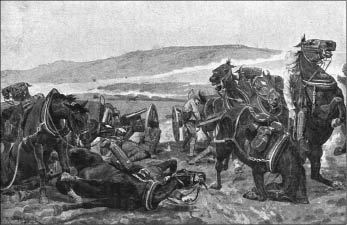
At the Battle of Colenos, during Black Week, the British artillery were caught in a deadly ambush that killed most of their horses and men.
LAC, PA 128778.
IMPORTANT FACTS
Orange Free State
The Orange Free State was an independent Boer republic in southern Africa. Starting in the 1820s a large number of Boers left Cape Colony in search of grazing land, as well as to escape government control. About a decade later they were joined by more Boers, who fled Cape Colony during the Great Trek to escape British governance and restrictions.
The Boers reached an agreement with the local tribes to settle the land between the Vet and Vaal rivers. Despite the agreements, tensions arose between the Boers and indigenous tribes, which led to conflict. The Boers also had issues with the British government over sovereignty, boundaries, and governance of the indigenous tribes. Nonetheless, in 1848 Britain proclaimed that the region between the Orange and Vaal rivers would be recognized as the Orange River Sovereignty. More importantly, on February 17, 1854, following the granting of independence of the Transvaal Republic, the British also declared that the Orange River Sovereignty was officially independent. Six days later, after the signing of the Orange River Convention, it became formally known as the Orange Free State. Bloemfontein was its capital.
Despite their economic and political success, or perhaps because of it, the Boers remained in conflict with the British. The British annexed the Orange Free State in 1902, at the end of the Second Anglo-Boer War. On May 31, 1902, with the signing of the Treaty of Vereeniging, the Orange Free State ceased to exist as an independent entity.
The effect elsewhere in the empire was similarly dramatic. The military situation is without doubt at this moment most grave and critical, reported Winston Churchill, the future prime minister of Britain, who was a war correspondent at the beginning of the conflict. We have been at war three weeks, [and] the army that was to have defended Natal, and was indeed expected to repulse the invaders with terrible loss, is blockaded and bombarded in its fortified camp. He added, At nearly every point along the circle of the frontiers the Boers have advanced and the British retreated. Wherever we have stood we have been surrounded.... All this is mainly the result of being unready. It is also due to an extraordinary under-estimation of the strength of the Boers. England turned to their former colonies in a desperate plea for troops no longer for political purposes, but for fighting men.


